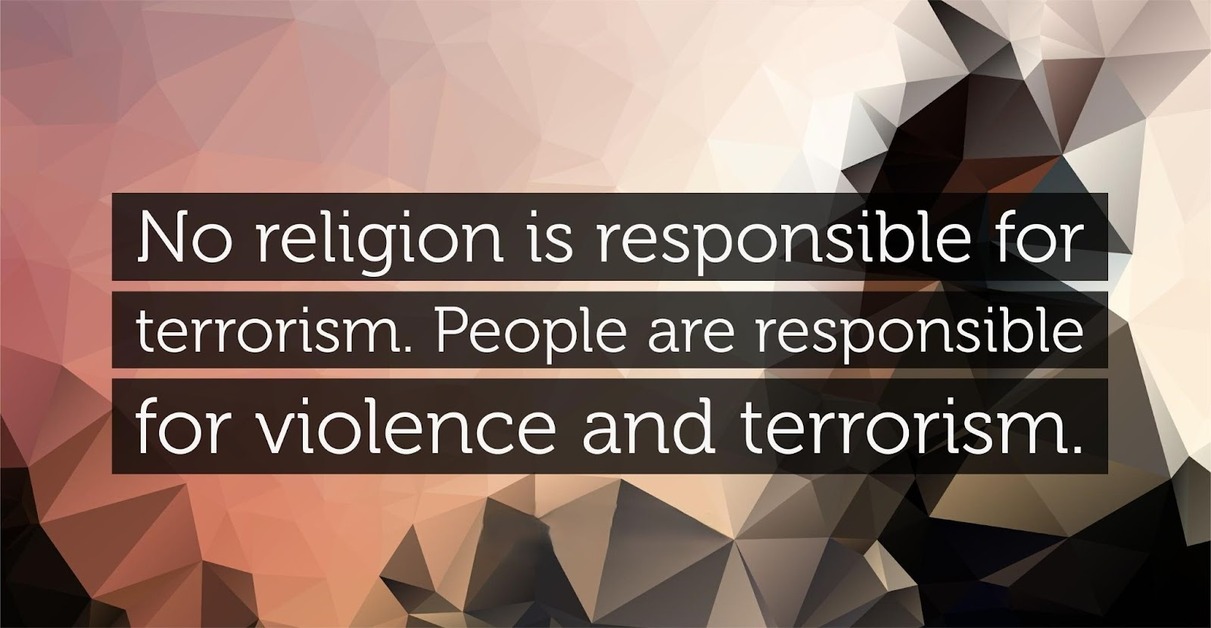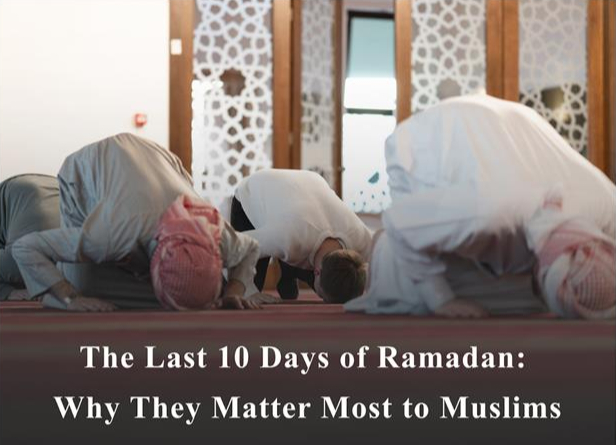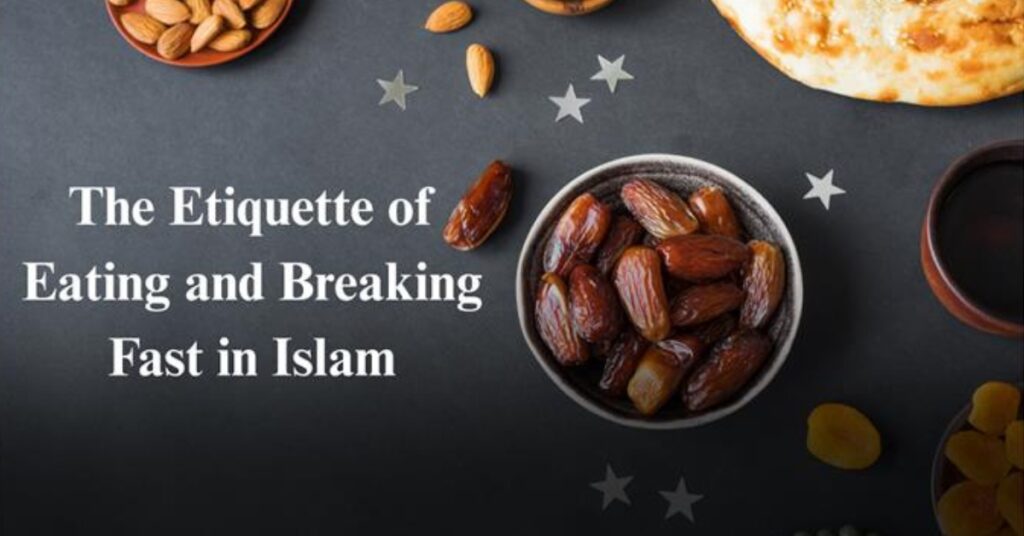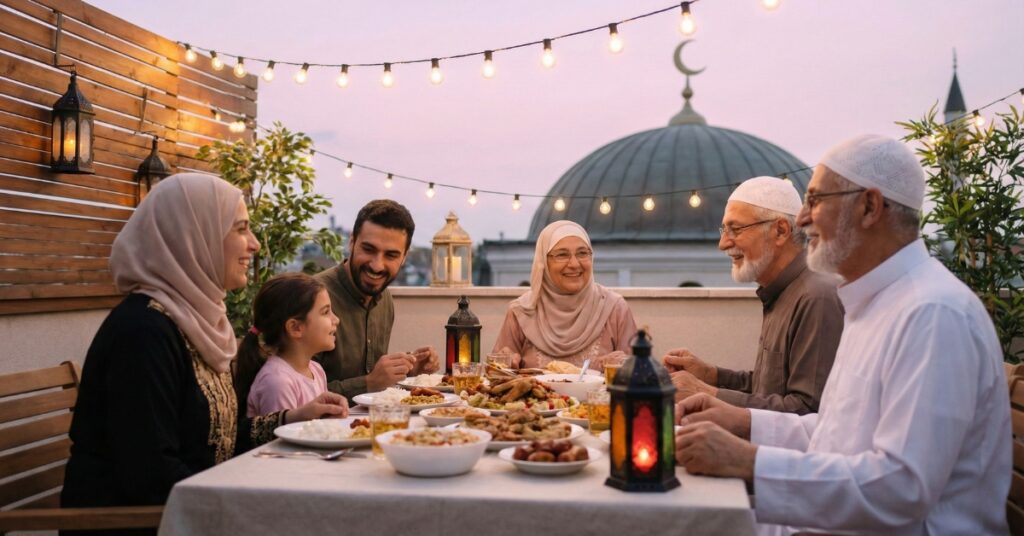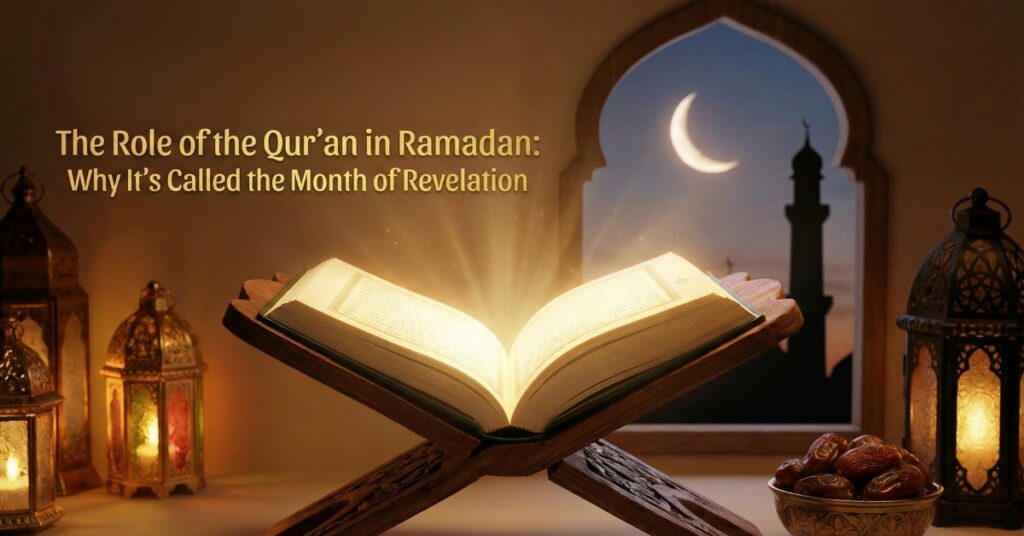The Islam and terrorism myth has caused deep misunderstanding and fear around the world. Islam, a religion followed by over 1.9 billion people, is often unfairly linked to violence due to political narratives and biased media coverage. However, a closer look at the Qur’an, Prophet Muhammad’s ﷺ teachings, and Islamic scholarship reveals a religion rooted in peace, compassion, and justice. This blog aims to uncover the truth and break the false link between Islam and terrorism through authentic Islamic sources, historical context, and real-world data.
ISLAM AND VIOLENCE
Islam does not promote violence; it teaches peace, justice, and the sanctity of all human life. The ongoing belief that Islam is naturally violent or supports terrorism has caused significant harm.
“Islam and terrorism” are often incorrectly connected in media stories, political talks, andeveryday discussions. It has hurt global understanding and affected millions of peaceful Muslims around the world. But is there any truth to this belief?
Let’s examine authentic Islamic sources, scholarly interpretations, and factual statistics to reveal what Islam really teaches about violence, peace, and justice.
THE CORE MESSAGE OF ISLAM- A RELIGION OF PEACE
The word Islam itself is derived from the Arabic root word “Salaam,” meaning peace. Islam is not merely a set of rituals but a comprehensive way of life promoting peace with oneself, with others, and with the Creator.
The Qur’an refers to Allah as “As-Salaam” (The Source of Peace):
“He is Allah, besides Whom there is no Allah… the Source of Peace…
(Surah Al-Hashr 59:23)
The Prophet Muhammad ﷺ constantly emphasized mercy, compassion, and reconciliation, even in times of hostility.
QURAN ON VIOLENCE
Contrary to popular belief, the Qur’an does not promote indiscriminate violence. Any verse quoted out of context (usually by extremists or Islamophobes alike) must be viewed in its proper historical and grammatical setting.
“Whoever kills a soul unless for a soul or for corruption [done] in the land—it is as if he had slain mankind entirely.” (Surah Al-Ma’idah 5:32)
This powerful verse clearly equates unjust killing to genocide.
The Qur’an allows defensive warfare only under strict ethical guidelines—and never promotes aggression:
“Fight in Allah’s cause against those who fight you, but do not overstep the limits: Allah does not love those who overstep the limits. (Chapter 2: Verse 190)”
(Surah Al-Baqarah 2:190)
ISLAMIC TEACHINGS ON PEACE:
Prophet Muhammad ﷺ was known as “Rahmatul-lil-Alameen”—a mercy to the worlds
(Qur’an 21:107).
When he conquered Makkah after years of persecution, instead of revenge, he declared a general amnesty.
He forbade harming civilians, women, children, and even trees during war:
“Do not kill any child, any woman, or any elder or sick person.”
(Sunan Abu Dawood 2614)
Such teachings contrast sharply with the indiscriminate violence of modern terrorism, proving how terrorism is an abuse—not a reflection—of Islam.
SCHOLARLY VIEWPOINTS: GLOBAL MUSLIM CONSENSUS
Globally respected Islamic scholars have unanimously condemned terrorism:
- Shaykh Abdullah bin Bayyah, Mauritanian jurist:
“Terrorism is not jihad. It is corruption and destruction on Earth (fasād fī al-arḍ), which the Qur’an condemns.” - Sheikh Hamza Yusuf, American Islamic scholar:
“Extremism grows when Islam is removed from Islamic knowledge. True Islamic teachings curb extremism, not fuel it.”
These voices show that violence is alien to mainstream Islamic scholarship. They also stress on the fact that Islam and extremism are not naturally connected but rather contradict one another.
MUSLIMS CONDEMNATION OF TERRORISM
A 2011 Gallup Poll conducted across 35 Muslim-majority countries found:
- 93% of Muslims oppose attacks on civilians.
- The primary reason cited: It violates Islamic principles.
Source: Gallup, “Who Speaks for Islam?”
MEDIA PORTRAYAL OF ISLAM: FUELING ISLAMOPHOBIA
One of the biggest contributors to the Islam and terrorism misconception is the media. A study by USC Annenberg found that:
Muslims are portrayed 80% of the time in the context of violence or extremism in Western media.
This unfair portrayal creates a confirmation bias, where viewers associate Islam with violence—even though white nationalist violence has caused more domestic terrorism deaths in the U.S. in recent years.
JIHAD VS TERRORISM: A CRUCIAL DISTINCTION
The confusion between terrorism and religion has led to dangerous misunderstandings, especially around the term ‘Jihad’.
- Jihad literally means struggle or striving, not war.
- The greater jihad, according to a hadith, is the struggle against one’s ego and sins.
- The lesser jihad involves armed defense, but within Islamic law, not terrorism.
“The best jihad is the one in which your self strives against itself in the obedience of Allah.”
(Sahih Ibn Hibban 476)
So equating jihad with terrorism is not only linguistically wrong but theologically misleading.
ISLAM’S LEGACY OF PEACEFUL COEXISTENCE
Throughout Islamic history, Muslim civilizations have protected the rights of Jews, Christians, and others under their rule:
- Caliph Umar (RA) guaranteed safety for all in Jerusalem.
- In Muslim Spain, described as a ‘golden age’ of religious and ethnic tolerance and interfaith harmony between Muslims, Jews, and Christians thrived.
- The Ottoman Empire hosted thousands of Jews fleeing the Spanish Inquisition.
These examples show that Islamic governance promoted peace, patience, tolerance—not tyranny.
MUSLIM PEACEFUL PRACTICES TODAY
- Millions of Muslims participate in interfaith peace dialogues globally.
- Islamic charities like Islamic Relief Worldwide and Penny Appeal serve disaster-hit zones regardless of religion.
- Muslim communities around the world denounce terrorism publicly and through Friday sermons.
ISLAMIC LAW AND VIOLENCE: A FRAMEWORK OF JUSTICE
Islamic law (Sharia) is often misunderstood. Its primary objectives are:
- Preservation of life
- Preservation of religion
- Preservation of intellect
- Preservation of lineage
- Preservation of property
Violence, especially against innocents, violates all five. Sharia is not a tool for oppression — it’s a framework for ethical governance.
CONCLUSION
The Islam and terrorism myth has been debunked through this exploration of Quranic verses, Prophetic teachings, scholarly consensus, and real-world data.Also we’ve seen how the myth connecting Islam and violence lacks any foundation in scripture, scholarship, or practice.
Islam is not the problem. The real challenge lies in misinterpretations, political misuse, and media-driven fear. It’s time we moved beyond fear and embraced truth, context, and compassion.
“O mankind, We have created you from a male and a female and made you into nations andtribes, that you may know one another.” (Surah Al-Hujurat 49:13)
Let us not judge a religion of over 1.9 billion people based on the acts of a deviant few. Instead, let’s recognize peace in Islam as not just a slogan, but a lived reality.

